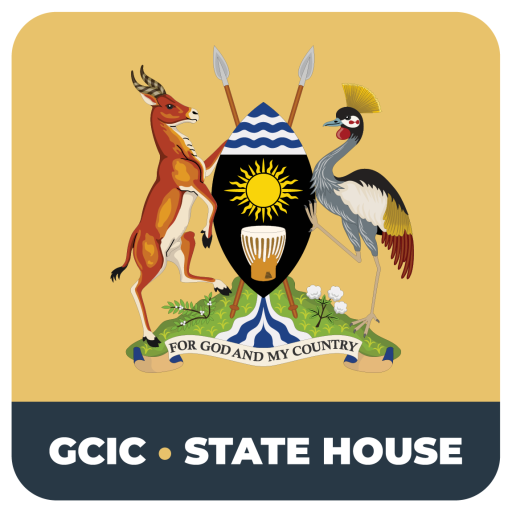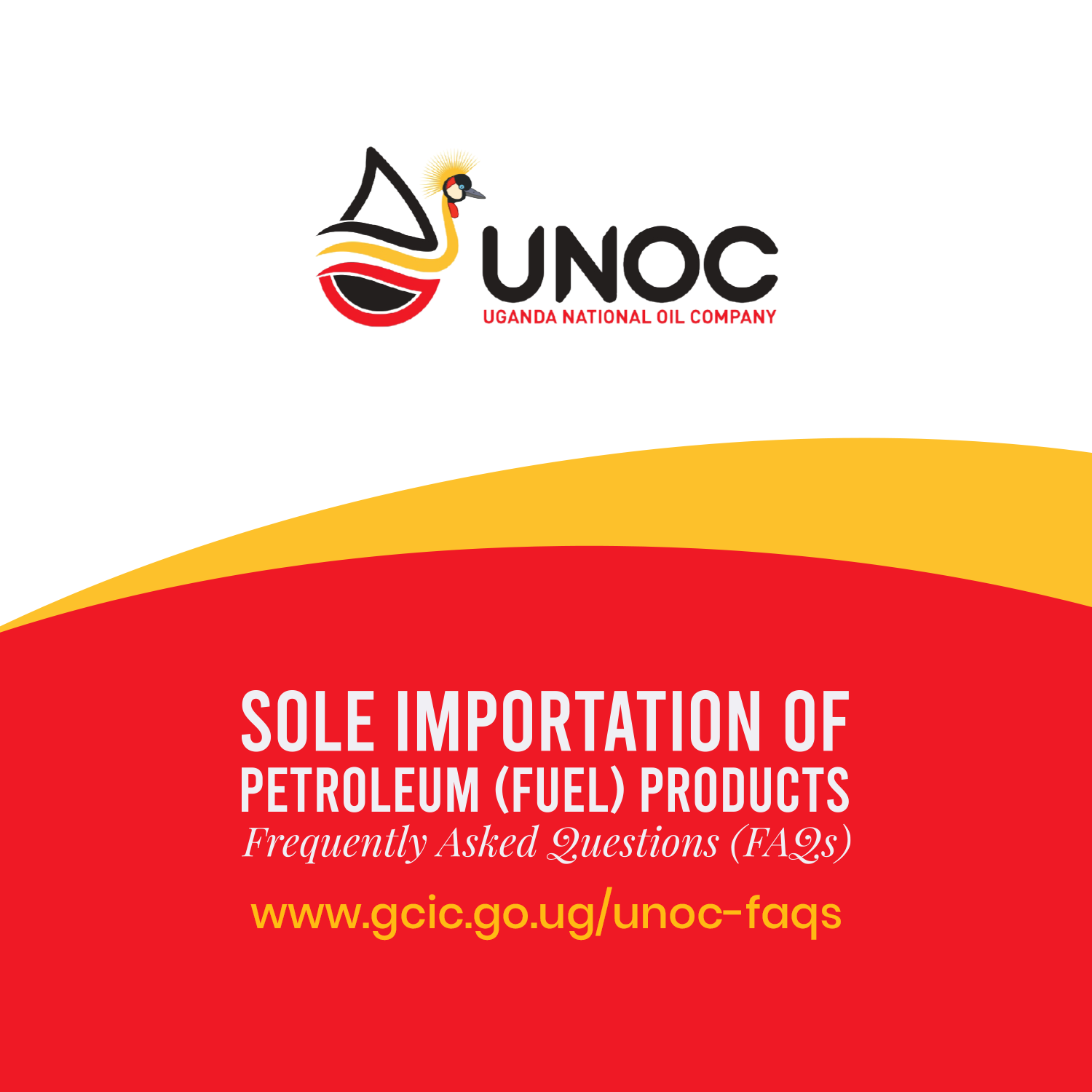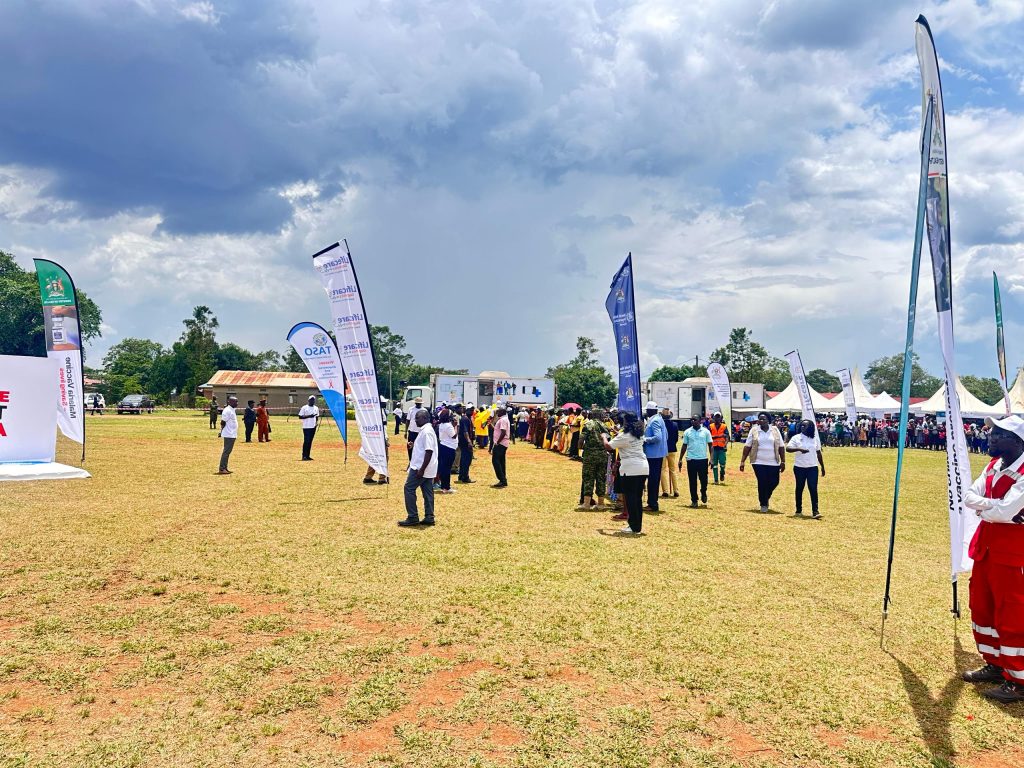
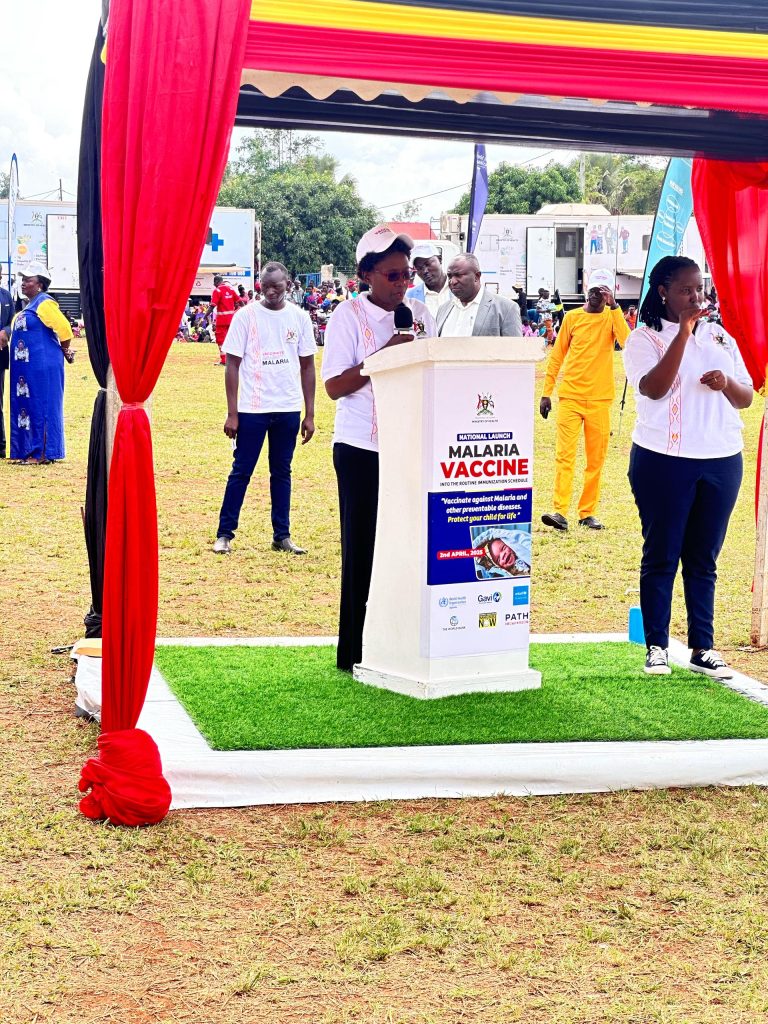
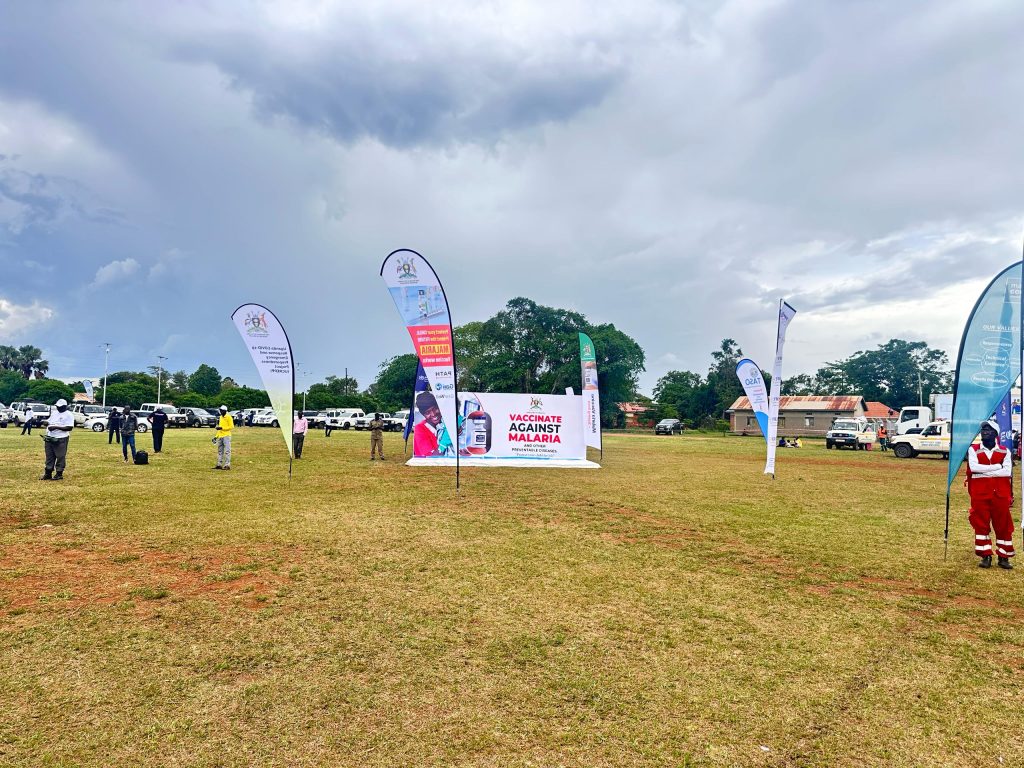
Uganda has reached a landmark in the fight against malaria with the formal launching of the R21 malaria vaccine, a groundbreaking intervention that will save millions of children from one of Uganda’s most deadly diseases. The milestone marks a new dawn in Uganda’s quest to eliminate malaria, a disease that continues to threaten public health and economic development.
Malaria remains a leading cause of illness and death in Uganda. In 2024 alone, the country recorded 10.9 million malaria cases, resulting in 3,582 deaths. Every day, 16 Ugandans die from malaria—10 of them being children under the age of five. Beyond the devastating loss of life, the disease places a heavy burden on Uganda’s healthcare system, accounting for 30–40% of outpatient visits, 20% of hospital admissions, and 10% of all hospital deaths. The most vulnerable populations, pregnant women, young children, individuals with sickle cell disease, and non-immune travellers continue to suffer the most severe effects.
After decades of research and international collaboration, the R21 malaria vaccine has emerged as a major breakthrough in the prevention of severe malaria and child mortality. The vaccine works by stimulating the immune system to block the malaria parasite (Plasmodium falciparum) before it reaches the liver, where it multiplies and causes severe disease.
The effectiveness of the vaccine has been demonstrated in pilot programs across Africa, particularly in Ghana, Kenya, and Malawi. These studies showed a 13% reduction in child deaths and a significant decline in severe malaria cases. To date, over six million doses have been administered to two million children across the continent, proving its safety and effectiveness.
Uganda has embarked on its most extensive malaria vaccination campaign, targeting 107 high and moderate-burden districts and aiming to protect more than 1.1 million children under the age of two. The vaccination schedule consists of four doses administered at 6, 7, 8, and 18 months to ensure full protection. The vaccine is being offered free of charge at all public health facilities, making it accessible to families across the country.
This vaccination programme is being implemented alongside existing malaria prevention strategies, including the distribution of insecticide-treated mosquito nets, indoor residual spraying, seasonal malaria chemoprevention, and environmental control measures. Uganda has already received 3.5 million doses of the vaccine, with additional supplies expected in the coming months. The rollout has been made possible through the support of Gavi, UNICEF, WHO, PATH, CHAI, and the Government of Uganda.
Uganda has a long-standing commitment to immunisation as a critical public health strategy. Since the launch of the Uganda National Expanded Programme on Immunisation (UNEPI) in 1983, the country has expanded its immunisation coverage from six vaccines to 14, now including malaria.
Other vaccine-preventable diseases covered under Uganda’s routine immunisation schedule include polio, tuberculosis, hepatitis B, whooping cough, diphtheria, measles, rubella, tetanus, pneumonia, and cervical cancer, among others.
This investment in childhood immunisation has yielded significant improvements in child health. Over the past two decades, under-five mortality has dropped from 151 to 52 deaths per 1,000 live births, while infant mortality has decreased from 88 to 36 per 1,000 live births. The addition of the malaria vaccine further strengthens Uganda’s immunisation programme and provides renewed hope in the fight against infectious diseases.
While launching the vaccine, Uganda’s Minister of Health, Dr. Ruth Aceng, called upon parents, caregivers, and community leaders to ensure that all eligible children receive their full vaccine doses on time. She emphasised that the vaccine, when combined with existing malaria prevention measures, will play a vital role in reducing malaria-related deaths.
“This vaccine is safe, effective, and life-saving. I urge all parents to ensure their children complete the full vaccination schedule. Every dose matters in protecting our children from malaria. At the same time, we must continue using mosquito nets, indoor spraying, and other preventive measures to eliminate malaria,” said Dr. Aceng.
This milestone achievement has been made possible through the leadership of President Yoweri Kaguta Museveni, the dedication of Uganda’s healthcare workers, and the strong support of key partners, including Gavi, the Global Fund, the World Bank, UNICEF, WHO, PATH, CHAI, and the Malaria Consortium. Their collective efforts have been instrumental in making the malaria vaccine available to Ugandan children and in strengthening the country’s malaria prevention strategies.
The introduction of the malaria vaccine represents a bold step towards a malaria-free Uganda. It is not just an isolated event but a strong commitment to ending malaria-related deaths and safeguarding future generations. The battle against malaria is not over, but with this new vaccine, strengthened prevention efforts, and community participation, Uganda is now closer than ever to eliminating malaria and securing a healthier future for all.


